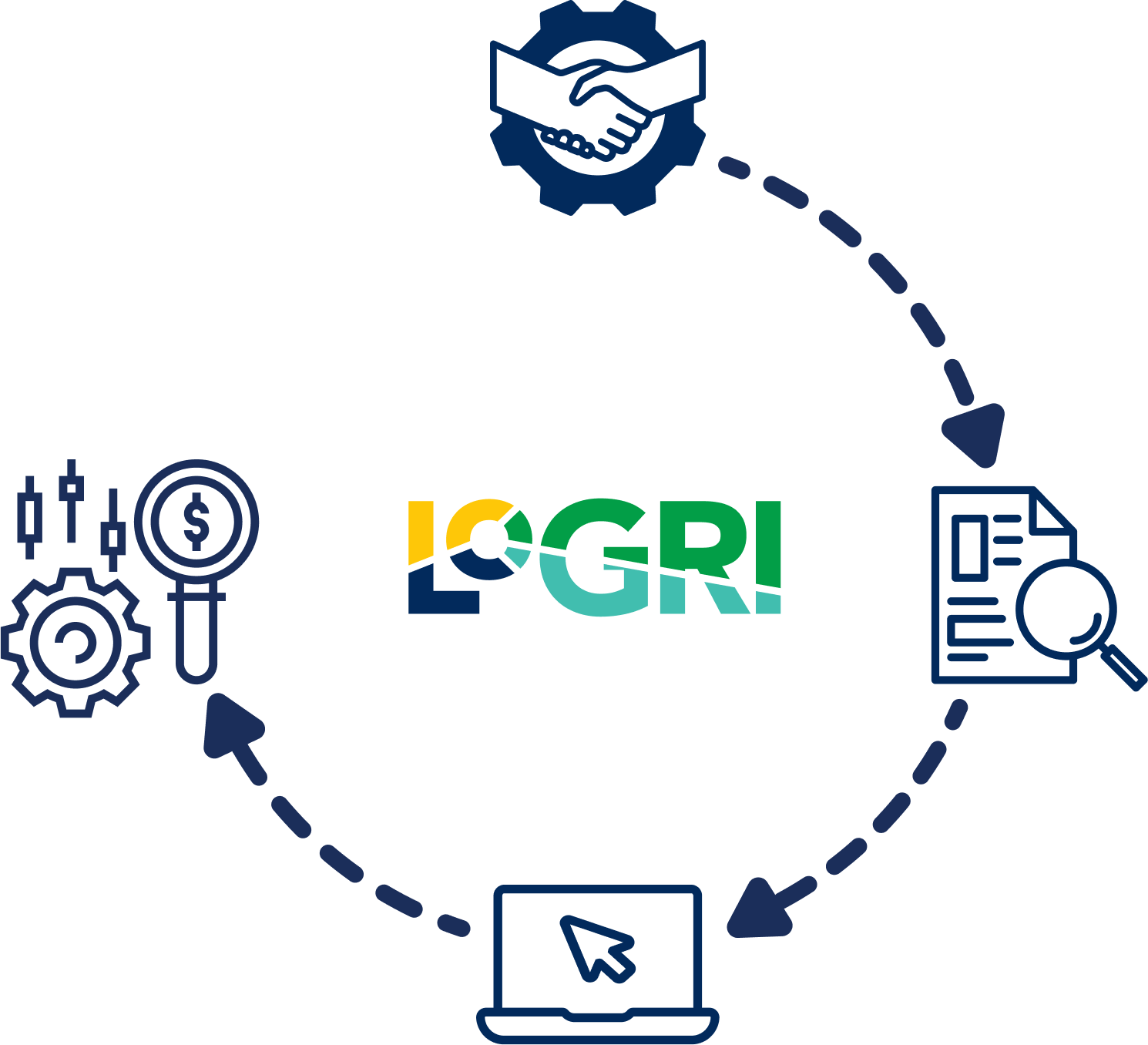Sitting at the intersection of research and reform, LoGRI seeks to develop rigorous, locally driven, and applied research to support the design and implementation of more effective and equitable local revenue systems in low-income countries.

Our approach rests on four pillars
Reform and Advisory Support
LoGRI helps inform reform projects by providing expert advice, technical guidance, and skills training sessions to help develop local capacity in partner countries. LoGRI also directly supports the design and implementation of reform programs through diagnostic assessments of the barriers and potential avenues for reform, and pilot projects to test the viability of innovative reform strategies on a small scale. We prioritize in-depth, responsive, and flexible collaboration with local partners to support their reform processes and context-specific needs.
Research
Alongside our reform and advisory support, LoGRI implements and assists locally-led, policy-relevant research projects. Our research is designed to enrich global understandings of subnational tax issues and generate applicable knowledge on how to best support reform efforts. These research studies are often directly linked to our diagnostic assessments and pilot projects.
Digital Development and IT Transformation
Efforts to digitalize tax systems frequently fail due to a combination of inappropriate systems, ineffective procurement, poor planning, and resistance from local administrators. To mitigate this, LoGRI aims to provide improved information to governments to support effective procurement and implementation, while also facilitating the development of IT systems responsive to local needs.
Technical Resources and Learning
LoGRI is committed to improving expertise in the field of subnational tax, supporting local partners in conducting research and implementing reform programs. To this end, LoGRI has developed succinct and operationally useful guidance notes, policy briefs, and technical tools to deepen learning, support the successful application of key reforms, and ensure that applied knowledge gained from our in-country engagements is widely accessible to other prospective reformers.

